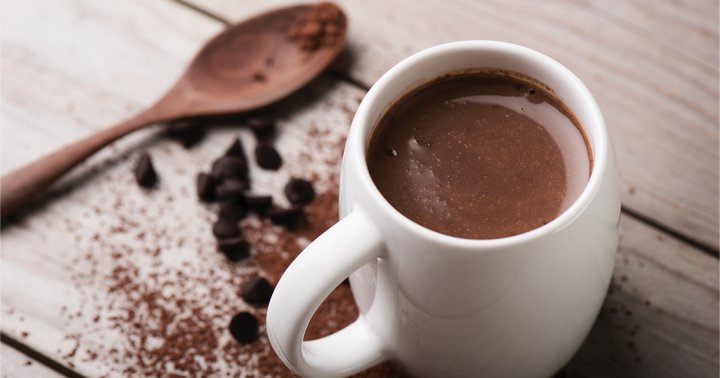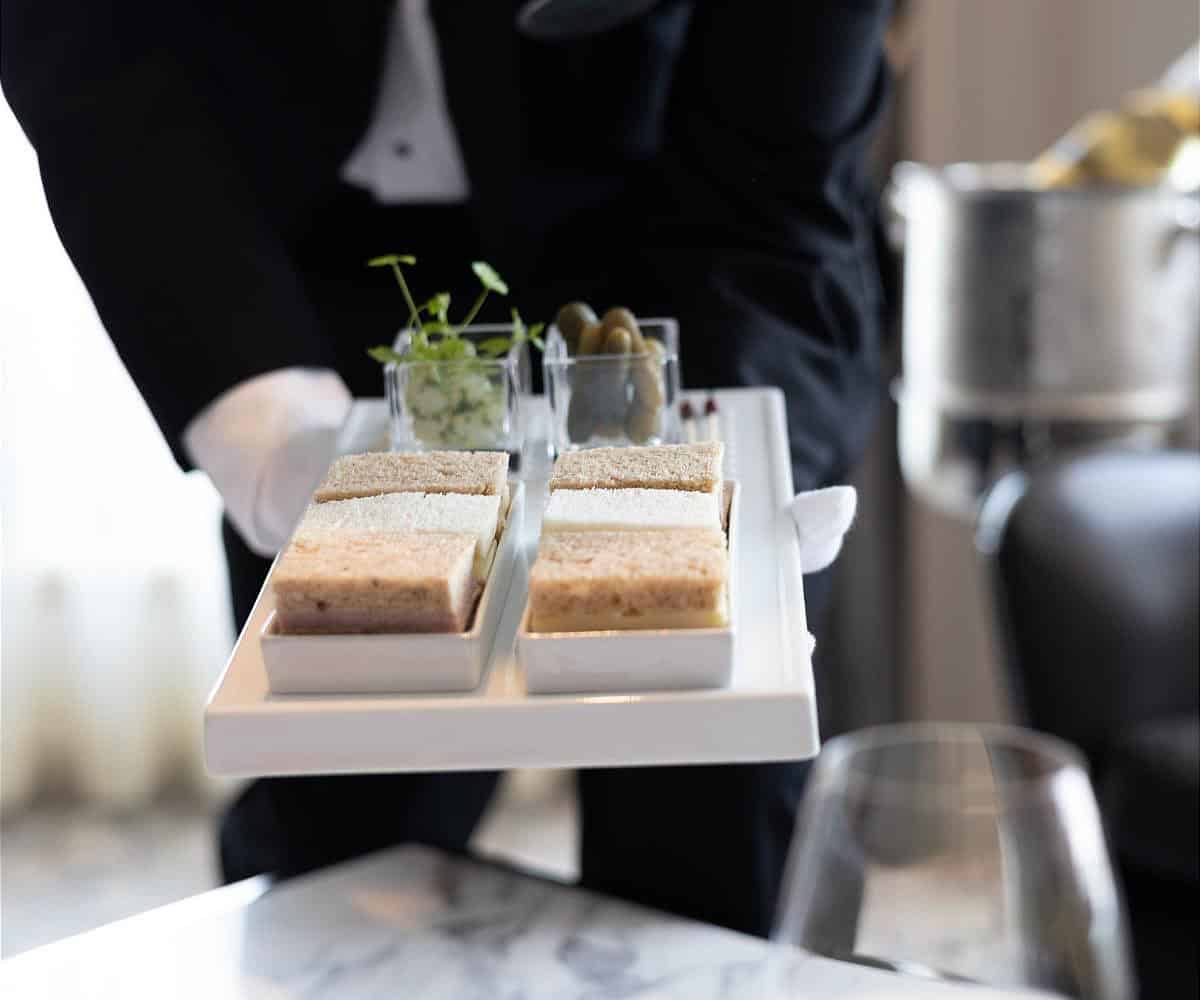These Are The 8 Best Drinks For Fighting Inflammation, According To Science
Sip your way to better health.


Functional Medicine Practitioner
By William Cole, IFMCP, DNM, D.C.
Functional Medicine Practitioner
Will Cole, IFMCP, DNM, D.C., is a leading functional medicine practitioner with a certification in natural medicine and a doctor of chiropractic degree.
Image by Lauren Naefe / Stocksy December 14, 2022 Our editors have independently chosen the products listed on this page. If you purchase something mentioned in this article, we may It's no surprise that inflammation can damage our health. But with so many triggers in our daily lives, we have many opportunities to protect ourselves from unnecessary inflammation. In my telehealth functional medicine clinic, I've seen that one of the best ways to do this is through our diets. Instead of going through an entire diet overhaul (although sometimes this is necessary), I like to incorporate anti-inflammatory superfoods into my routine as much as possible.
Advertisement
This ad is displayed using third party content and we do not control its accessibility features.
The following nutrient-dense drinks are delicious, easy to add to your day, and effective at helping your body fight inflammation. Rarely do I ever start my day without a cup of earl gray tea, especially when I am intermittent fasting. Earl gray tea is a type of black tea with bergamot oil that has been shown to increase autophagy1—your body’s cellular recycling process—as well as soothe inflammation2. This is likely due to black tea’s high content of theaflavin, a powerful antioxidant that has the ability to down-regulate pro-inflammatory cytokines3. By now, you are probably familiar with turmeric’s next-level inflammation-fighting capabilities. Due to its high curcumin content, turmeric has been shown to improve a variety of inflammatory conditions including rheumatoid arthritis, lupus4, pneumonia5, dementia6, and other autoimmune diseases7. While I can get high doses of curcumin in supplement form, I like to incorporate turmeric throughout my day as much as possible. During the cold winter months, I love mixing up a warm cup of turmeric, black pepper (which increases curcumin’s bioavailability), ginger (another anti-inflammatory), and coconut milk (healthy fats help fight inflammation as well) with a little raw honey as a sweet way to end my day. This ad is displayed using third party content and we do not control its accessibility features. The Beyoncé of tea, green tea is one of the most popular brews for good reason. It's harvested later than white or black tea, leading to high levels of catechins—specifically epigallocatechin gallate (EGCG). Preclinical studies8 have shown that EGCG has the ability to decrease inflammation by boosting the anti-inflammatory Nrf2 pathway while also down-regulating the pro-inflammatory Nf-kB pathway. When I am really looking to up my inflammation-fighting efforts, I make sure to choose matcha as it has significantly higher levels of EGCG. In fact, one study9 found that matcha had up to three times more EGCG than regular green tea! Similarly, another test found that matcha powders had higher concentrations of EGCG (50 to 55 mg of EGCG per gram of tea) compared to brewed teas (20 to 40 mg of EGCG per gram of tea). This ad is displayed using third party content and we do not control its accessibility features. Often used as a plant-based alternative to bone broth, galangal broth is made with the galangal root—part of the same rhizome family as ginger. A study on mice demonstrated that galangal—which has a strong, sharp flavor—may calm inflammation throughout the body by down-regulating10 pro-inflammatory cytokines IL-6 and the inflammatory pathway NF-kb. This action is due to its phytonutrient content11. So while it may not have collagen or some of the other gut-healing nutrients in bone broth, galangal broth still packs a punch when it comes to fighting inflammation and is great for vegans and non-vegans alike. Pomegranates have high levels of anti-inflammatory antioxidants, including the powerful ellagitannin12 compound. Antioxidants work to inhibit oxidation from outside triggers like toxins, poor diet, and stress, which can damage our cells and lead to increased inflammation. Ellagitannin antioxidants are so powerful, in fact, they have been shown to help improve brain fog and cognitive function by reducing inflammation in the brain13. Plus, you can get pomegranate juice at almost any grocery store, so it’s easy to grab on your next shopping trip. This ad is displayed using third party content and we do not control its accessibility features. Sea vegetables and algae like chlorella have been consumed for centuries across many cultures. The ancient gift from the sea is high in antioxidants that can be beneficial for fighting inflammation, particularly to combat asthma and other respiratory conditions14. You can find chlorella in liquid form to add to your water. Pro tip: Drinking it before sweating may increase its detoxification abilities and in turn, will help lower inflammation levels. Coffee is anti-inflammatory, but it's not suitable for everyone. It all comes down to your genetics; your CYP1A215 gene largely determines how quickly (or slowly) you metabolize caffeine. Coffee is loaded with tons of anti-inflammatory antioxidants16, so feel free to pour yourself a cup if you are not sensitive to caffeine. This ad is displayed using third party content and we do not control its accessibility features.Advertisement
Advertisement
Advertisement
Advertisement
The takeaway.
Whether you are looking to maintain healthy inflammation levels or win the battle against chronic inflammation, there’s a drink out there to fit your taste preferences. Just remember, consistency is key with anything, so choose a favorite (or two!) and enjoy sipping your way to better health.

 Astrong
Astrong 
































